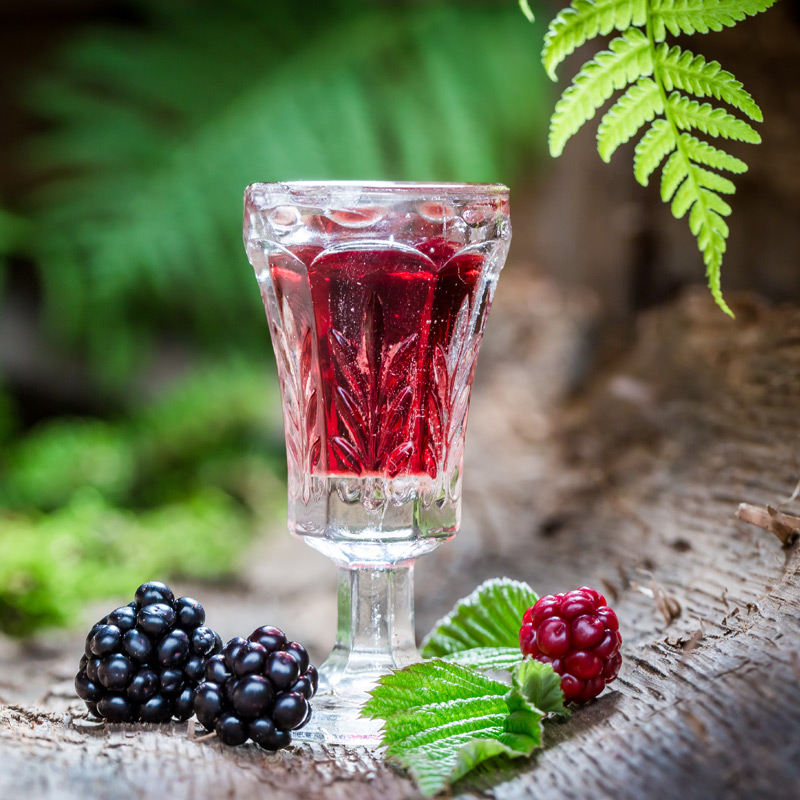
100 gr |
-- |
|
|---|---|---|
| Carbohydrate (gr) | 15.04 |
4928.47 |
| Protein (gr) | 3.59 |
1176.23 |
| Fat (gr) | 12.46 |
4083.43 |
| Fiber (gr) | 1.36 |
445.97 |
| Cholesterol (mg) | 14.64 |
4795.8 |
| Sodium (mg) | 325.27 |
106557.75 |
| Potassium (mg) | 392.16 |
128471.4 |
| Calcium (mg) | 78.15 |
25603.27 |
| Vitamin A (mg) | 46.04 |
15084.01 |
| Vitamin C (mg) | 6.16 |
2019.31 |
| Iron | 0.62 |
203.1 |
Raspberries are fruits rich in vitamins C, E, and K, folic acid, potassium, copper, manganese, and fiber. Due to their antioxidant properties, they offer protective effects against cancer. However, they are not ideal for weight-control diets due to their sugar content and relatively high caloric value in processed forms, such as jams.
The calorie of raspberry juice is 26 calories per 100 ml.
One of the most remarkable benefits of raspberries is their ability to act as a cancer-fighting food. This attribute is largely due to their high levels of antioxidants. Raspberries are particularly rich in polyphenols, a class of antioxidants known for their cancer-fighting capabilities. Polyphenols help neutralize harmful free radicals, reducing oxidative stress, a key factor in the development of various cancers.
Another significant cancer-fighting component in raspberries is vitamin K. A single serving of raspberries provides more than one-third of the daily recommended intake of vitamin K. This vitamin plays a critical role in preventing and combating cancers such as prostate, stomach, nasal, colon, oral, and liver cancers.
Vitamin K works by supporting cell health and regulating processes that prevent the uncontrolled growth of cancer cells. Combined with the powerful antioxidant effects of polyphenols, this makes raspberries a valuable addition to an anti-cancer diet.
Rich Source of Dietary Fiber: The high fiber content in raspberries promotes digestive health, prevents constipation, and may aid in regulating blood sugar levels.
Heart Health: The potassium and manganese in raspberries support cardiovascular health by helping maintain proper blood pressure and reducing inflammation.
Skin and Immune Support: Vitamins C and E contribute to skin health and bolster the immune system, enhancing the body's natural defense mechanisms.
Cognitive Function: Antioxidants in raspberries are linked to reduced cognitive decline and may improve memory and focus as part of a balanced diet.
Raspberries are a versatile fruit with significant health benefits. Whether consumed fresh, frozen, or as part of a meal, they provide essential nutrients and powerful antioxidants. To maximize their benefits, incorporate them into a balanced diet rich in whole foods, and enjoy them in moderation to manage caloric intake, especially in their processed forms.